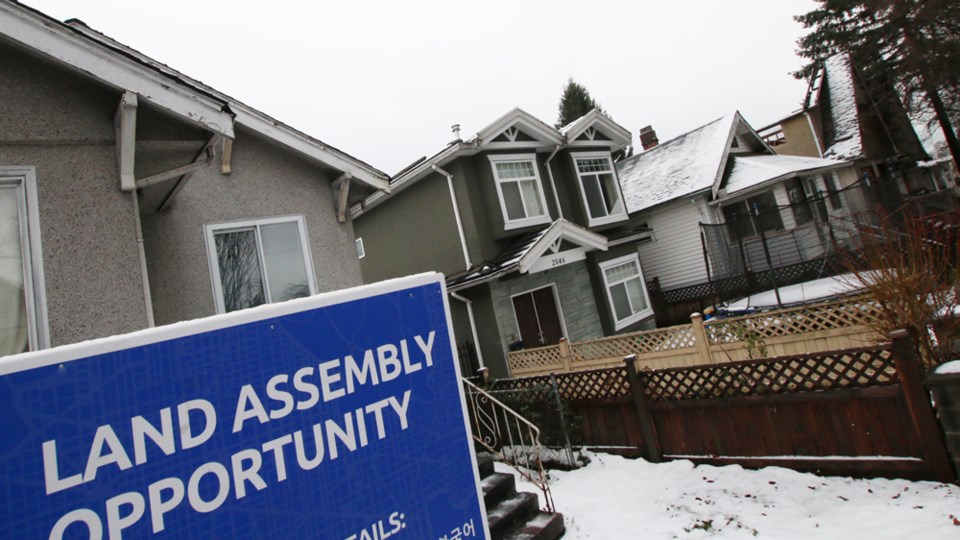In the couple of years that preceded the 2017 provincial election, housing, homelessness and poverty was consistently identified as the most important issue facing British Columbia. This represented a significant change from the previous perceptions of the province’s residents.
Our main concern in 2006 and 2007 was the environment, until the 2008 financial crisis situated the economy and jobs as the biggest challenge.
When Research Co. and Glacier Media recently asked British Columbians who they trust to deliver affordable housing in the province, the results showed varying levels of confidence. Almost half of residents (47%) trust their municipal government, while 40% do not.
Electoral campaigns provide an opportunity for voters to imagine what their city, province or country would look like under different management. At the provincial level, more than half of British Columbians (55%) say they trust the BC NDP government to deliver affordable housing. Significantly fewer residents express confidence in the BC Liberal Party (36%) or the BC Green Party (33%) handling this file on their own.
The situation changes at the federal level. While almost two in five British Columbians (39%) trust the Liberal Party of Canada to deliver affordable housing, the proportion is lower in a country governed by the Conservative Party of Canada (32%) but significantly higher when respondents imagine the NDP in charge of the federal government (51%).
There has been steady erosion in the perceptions of residents on property developers for some time. British Columbians do establish a clear emotional difference between two kinds of organizations. While 49% of residents say they trust non-profit developers to deliver affordable housing, only 19% have the same feelings towards profit-making developers.
At this stage, almost half of British Columbians trust their municipal administrations to deal with affordable housing. The level of confidence is higher for the BC NDP government and lower for the federal Liberal government.
The provincial opposition parties do not fare particularly well, but most British Columbians believe the federal NDP would have a better effect on housing than the Conservatives. It is important to note that this feeling is not unique to young voters who tend to be more likely to support centre-left parties.
The survey’s findings reveal different challenges for policy decision-makers and for those hoping to replace them. The issue is more pressing for municipal governments, with an election scheduled for October. In Metro Vancouver, housing is a key issue. The group of voters that is more preoccupied with housing – those aged 18 to 34 – has a natural propensity to “sit out” municipal elections. Campaigns hoping to remain in office, and those seeking change, will need to connect with this group.
At the federal level, British Columbians appear to be experiencing a type of “voter’s remorse.” The Conservatives never connected on the housing file during the 2021 campaign and are not doing so now. The proposals made by the NDP were eye-catching, but not vote-getting. This has been a problem for this party in the last two elections: the public envisions the positive effect of policy implementation but does not accompany it with support at the ballot box that would turn federal elections into three-way races.
The provincial scenario is decidedly different. British Columbians want more but are not particularly displeased with what has been done. The province’s residents do not trust commercial developers to properly address the situation and are skeptical about the actions of the provincial government if it is formed by the BC Liberals. This raises serious questions about the viability of a comeback for the formerly ruling party if its past and current connections to commercial developers are in the minds of voters in 2024. •
Mario Canseco is president of Research Co.
Results are based on an online study conducted from December 21 to December 23 among 800 adults in British Columbia. The margin of error, which measures sample variability, is plus or minus 3.5 percentage points, 19 times out of 20.




